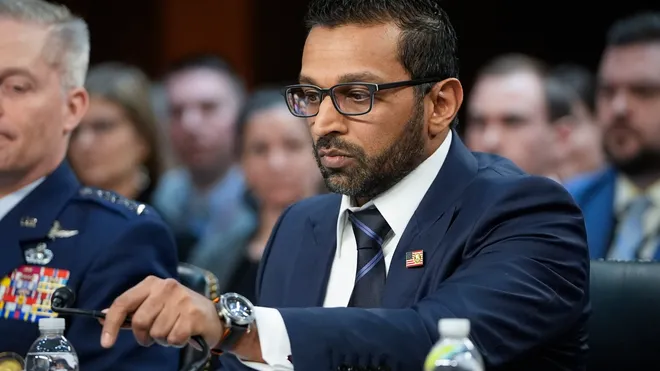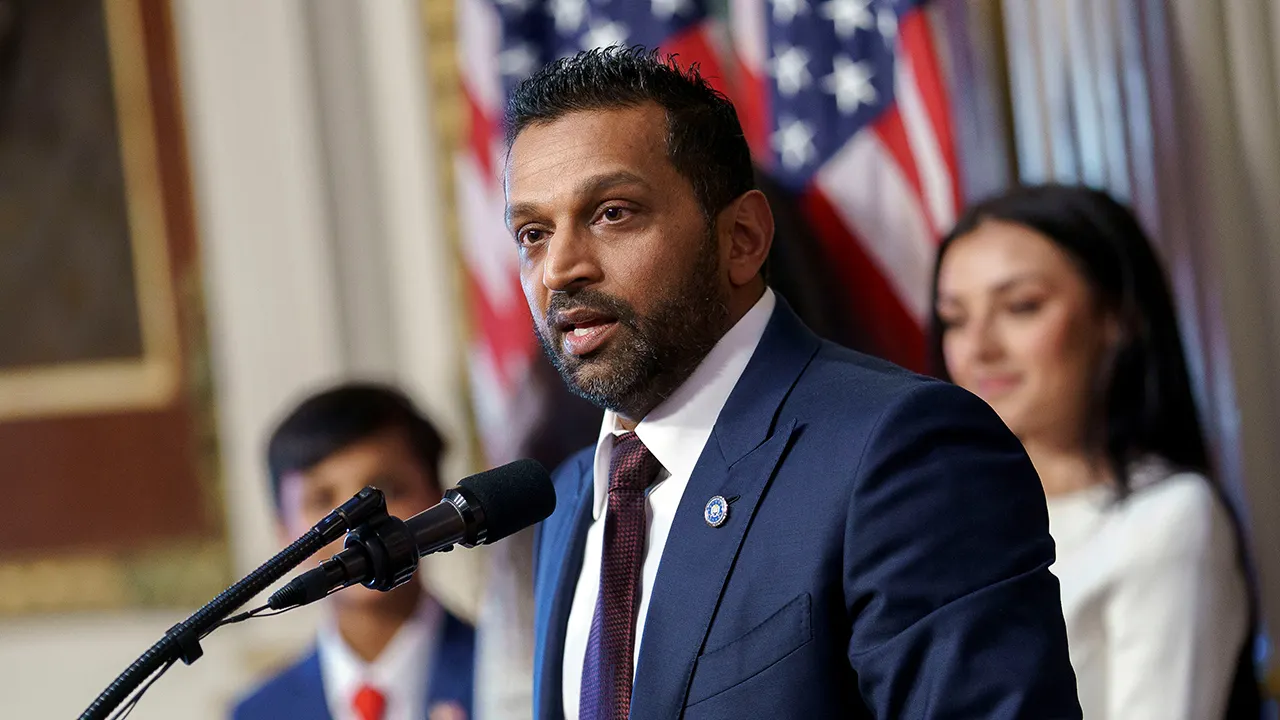Kash Patel’s ATF Exit: The Real Story You Need To Know
Kash Patel’s sudden departure from the Bureau of Alcohol, Tobacco, Firearms and Explosives (ATF) has prompted very serious questions. Everyone wants to know why the FBI Director held two powerful offices—and why so suddenly. Kash Patel’s ATF Exit…
The Department of Justice (DOJ) has confirmed that Patel has been stripped of his acting ATF role. In his stead, Army Secretary Daniel Driscoll has taken over the role, an unprecedented federal law enforcement leadership switch. Kash Patel’s ATF Exit
Kash Patel Replaced: What Happened?
Patel assumed the acting ATF director role on February 24, only days after being appointed as the FBI Director. The dual appointment was unprecedented and caused controversy among law enforcement circles from the very start.
Despite the scandal, the DOJ insists that his removal was not performance-based. However, the officials have failed to explain the real reason behind the move. The silence is only fueling speculations. Kash Patel’s ATF Exit

Federal Law Enforcement Faces Uncertainty
Firstly, the change in leadership happens at a crucial moment. The ATF is responsible for regulating guns and enforcing federal gun laws. Additionally, as gun violence escalates and there is political pressure, steady leadership is paramount.
Secondly, Patel pushed for overturning stringent ATF regulations and favored less strict enforcement. His resignation may signal a shift in policy—possibly toward a more conservative policy under Driscoll.
DOJ Leadership Under Scrutiny
This reshuffle places DOJ leadership under the spotlight. Patel’s appointment—and now departure—follows a trend of unorthodox appointments. Additionally, critics say political considerations, rather than qualifications, are behind key appointments.
Now, with Driscoll coming in from the Pentagon, questions arise. Additionally, can one individual head both the Army and the ATF effectively? The DOJ has yet to provide a clear plan.

Political Appointments and Public Trust
Lastly, political appointments must shore up institutions—not destabilize them. Patel’s brief and contentious time at the ATF left the agency on edge. ATF agents and management are now reorganizing, looking for more stability to come. Additionally, public trust relies on robust, independent agencies. This high-profile shake-up demonstrates how easily that balance can be disrupted.
Final Thoughts
Kash Patel’s departure from the ATF wasn’t a personnel move—it was a sign. A sign that backroom decisions in federal law enforcement are important. And when political appointees come and go in a hurry, it’s the public and the agencies that suffer.
Stay tuned. The true story is still developing.



0